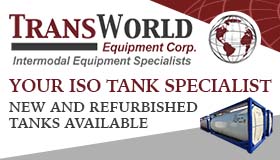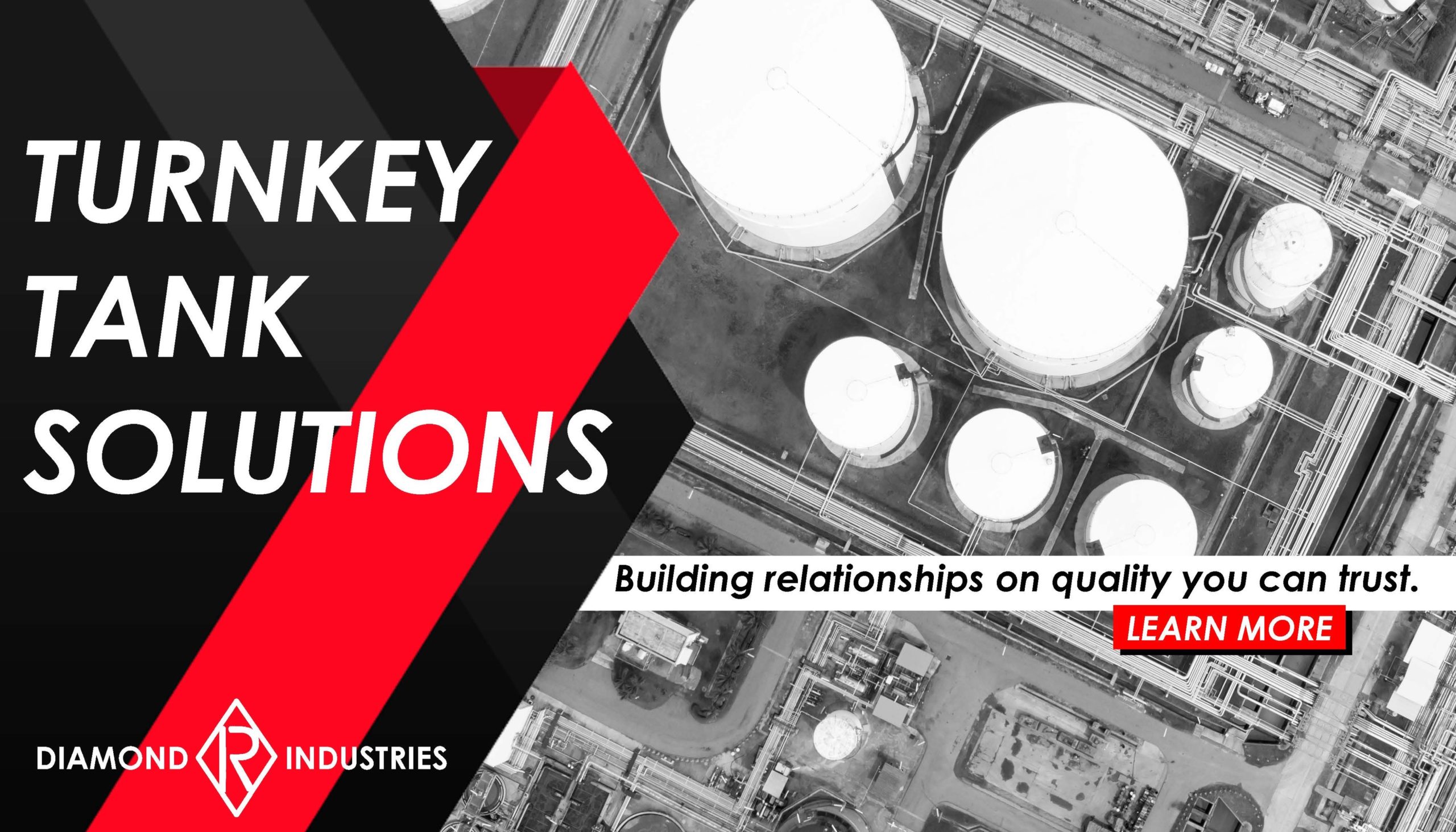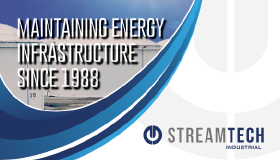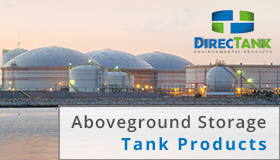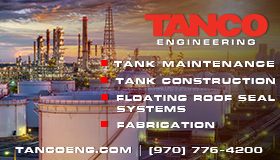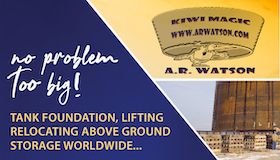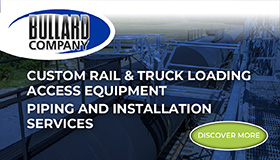A partnership of companies active along the US Gulf Coast announced their intent to collaborate on a joint study that will evaluate and potentially advance the development of a hydrogen and ammonia production facility in the region.
According to the companies, the facility could support industrial decarbonization and mobility applications and expand clean ammonia exports, helping to increase the supply of lower carbon power internationally.
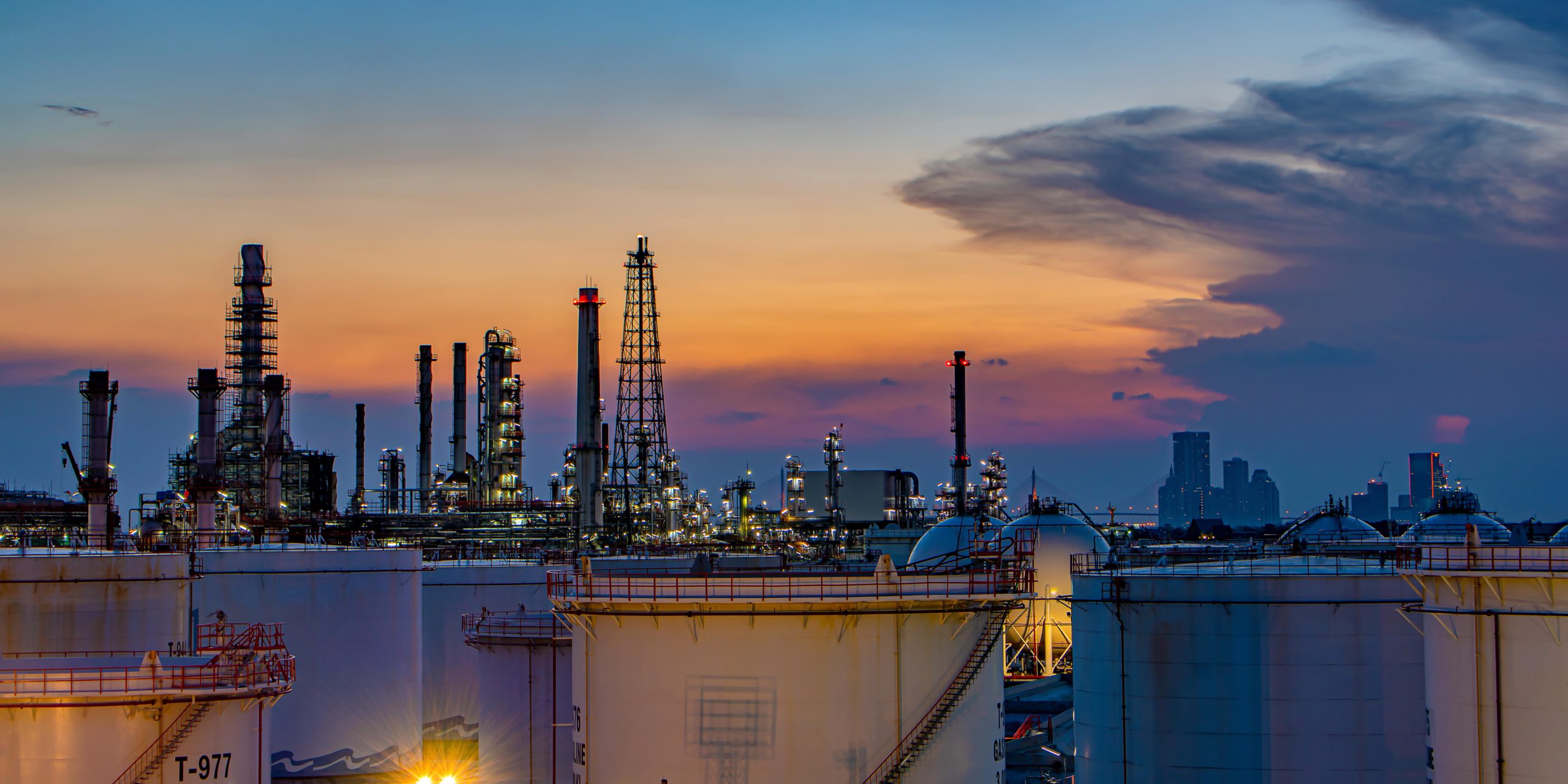
“The Gulf Coast is the ideal location to model hydrogen and carbon capture technologies as immediate pathways to decarbonizing hard-to-abate sectors,” said Adam Peters, CEO of Air Liquide North America, one of the partners in the collaboration. “Prioritizing sustainable technologies, like hydrogen and carbon capture, means we can provide energy transition careers for many thousands of American workers while building a more sustainable energy future for all.”
Air Liquide is partnering with Chevron Corporation, LyondellBasell, and Uniper. The consortium has experience and capabilities in key technologies that would be required for this plant, including air separation technology, hydrogen technologies, lower carbon intensity and renewable natural gas, carbon capture and storage, electrolysis-based technologies, and petrochemicals.
The consortium will assess the potential for producing hydrogen using natural gas with CCS and renewable hydrogen via electrolysis to supply end-use markets, including the ammonia, petrochemicals, power, and mobility markets.
The potential project to be studied is intended to cover the end-to-end, energy value chain, utilising each participant’s technical expertize in production, operational experience, storage, distribution, and export logistics.
If development proceeds the project could leverage existing installed infrastructure along the Gulf Coast, including pipelines, to supply lower carbon and renewable hydrogen to local industrial clusters. In addition, they point out, the ammonia infrastructure could support exports to both Europe and the Asia Pacific region.
For more information visit www.airliquide.com









